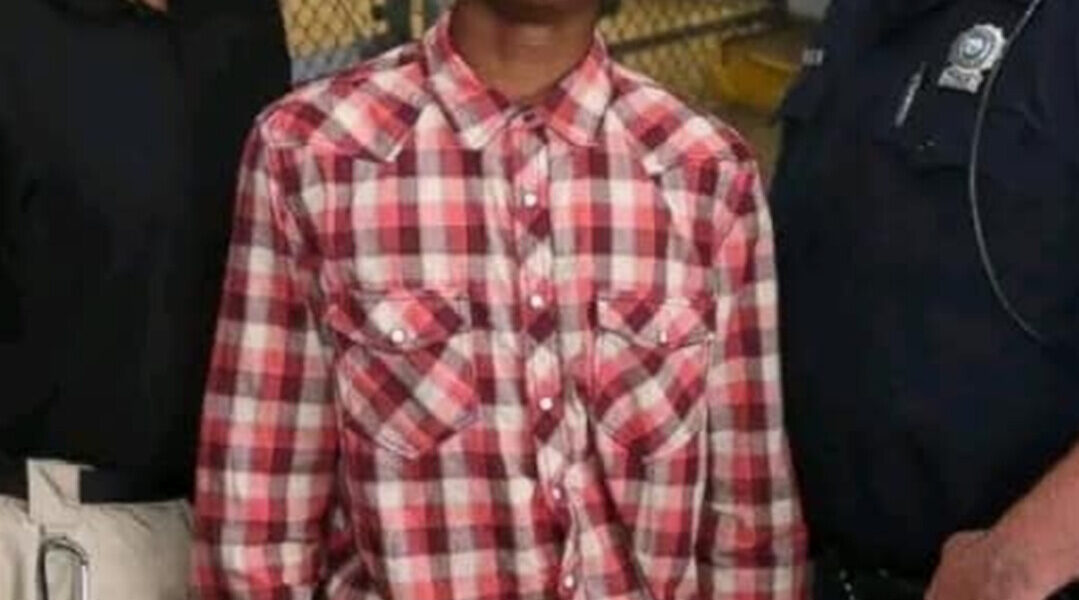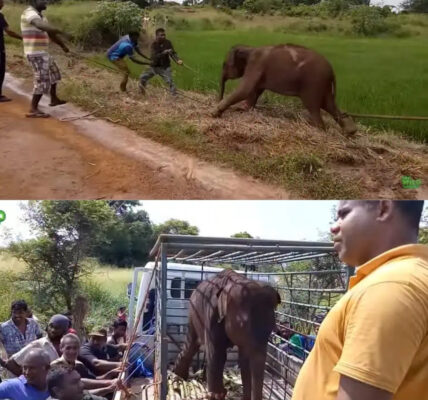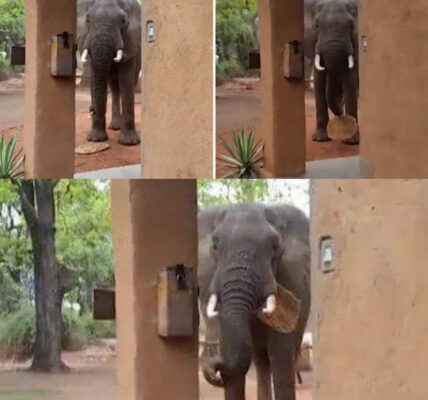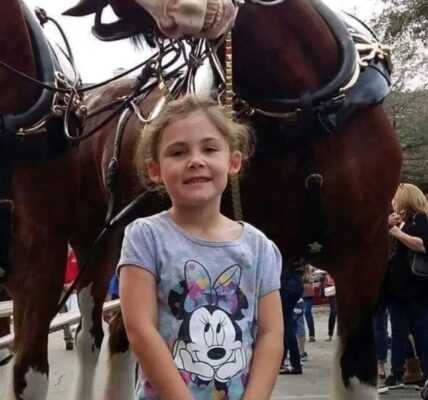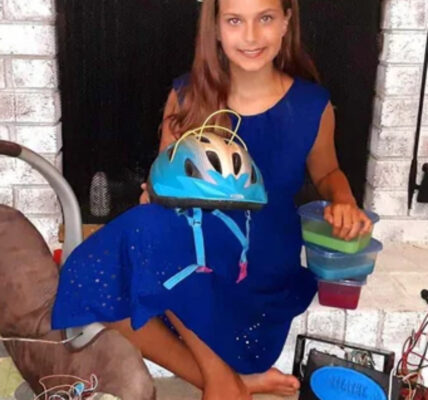
On a humid Florida afternoon in 2014, the routine hum of the Fort Lauderdale Police booking area was interrupted by something no one could have anticipated. Behind the locked doors of the jail, a 17-year-old named Jamal Rutledge was being processed after a burglary arrest. His hands were cuffed, his future uncertain, his mistakes heavy on his shoulders. For Jamal, this was supposed to be just another grim day in a downward spiral.
But in the span of seconds, everything changed.
Officer Franklin Foulks, a seasoned police veteran known for his calm demeanor and dedication, was standing nearby, completing paperwork. Suddenly, without warning, his body shuddered and he collapsed onto the floor. The officer gasped for breath, his face turning pale. He was having a massive heart attack.
The room fell into chaos. Jamal, still shackled and confined, realized what was happening. He could have frozen, stayed silent, or simply watched. After all, he was in handcuffs, powerless in so many ways. But instinct took over.
Jamal jumped to his feet as much as his restraints allowed. He began screaming at the top of his lungs for help, his voice echoing against the cold booking room walls. “Officer down! Help him!” he cried, again and again. He stomped, kicked, and banged on the thick metal door until his feet ached, desperate to draw someone’s attention.
His cries worked. Officers on duty heard the frantic pounding and rushed into the room. What they saw was a fellow officer on the brink of death—and a teenager, chained and trapped, doing everything in his power to save him.
Without hesitation, the officers dropped to the floor beside Foulks. CPR began. A defibrillator was brought in. Jamal, still shouting, pleaded for them to hurry. The seconds dragged, every beat—or lack of one—carrying unbearable weight. Finally, the defibrillator’s shock jolted Foulks’ body, and with a gasp, he began to breathe again.
Officer Foulks would survive. He would later recover, and even return to work. And the man who helped save him? It wasn’t just the officers who performed CPR. It was also Jamal—the young man in handcuffs, the one society had written off, whose quick thinking and refusal to stay silent made rescue possible.
News of Jamal’s actions spread quickly. The city honored him alongside the three officers who had rushed to Foulks’ side. Reporters marveled at the irony: a teenager who had broken the law had also helped save the life of the law. But beyond the headlines was something even more profound: a reminder that human decency doesn’t always wear a uniform, and courage doesn’t come only from those with badges.
Jamal himself didn’t see it as extraordinary. He told reporters simply that it was “the right thing to do.” To him, it wasn’t about recognition or redemption—it was about instinct, about the deep-down truth that saving a life matters more than the circumstances you find yourself in.
Officer Foulks, meanwhile, has never forgotten the boy who refused to give up on him. In the hospital, still weak from the ordeal, he insisted Jamal be acknowledged as a key part of his survival.
For Jamal, the experience became a turning point. At 17, he was already facing tough choices about his future. He had been in trouble with the law, but this moment revealed something different: that beneath the mistakes, there was courage, compassion, and the potential to serve rather than destroy.
The story of Jamal Rutledge is not just a headline about a teen saving a cop. It’s about second chances. It’s about the fact that in our hardest moments, people can surprise us. And it’s about how even in handcuffs, a young man chose to act—not out of obligation, but out of humanity.
Because when a heart stopped that day, Jamal’s own heart kicked in. And his actions gave Officer Foulks more time with his family, more years of life, and a story that will forever remind us: heroes can come from the most unexpected places.
